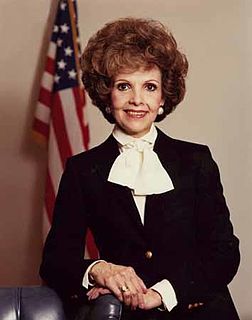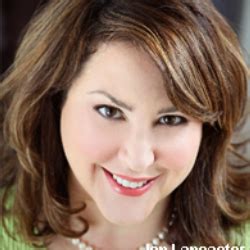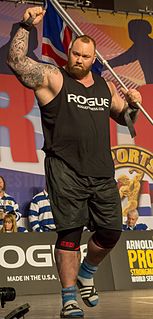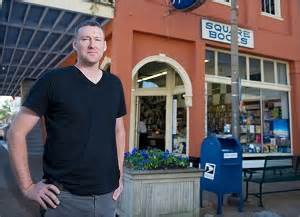A Quote by Paula Hawkins
The journalism, I was a financial journalist - it's very good training as a writer. You have to write for deadlines; you have a certain economy of phrasing. As a training ground as a writer, it's fantastic. I also think it teaches you to be observant, to listen to people, and gives you an ear of dialogue from doing interviews.
Related Quotes
I majored in journalism at Arizona State University, where I began writing the columns I write now, but I cannot, in good conscience, refer to myself as a writer. I'm a columnist, maybe a journalist, I guess I'm an author, but writer... no. That's not up to me to call myself, that's rather lofty. It's for the reader to decide.
It's good for a writer to come from journalism because it gives you the tools. A journalist knows that he or she can lose the reader in six lines, so try to keep the attention of the reader. Also, you learn to research, and to conduct an interview - to extract from the person whatever you need from that person.
Often, you have to fail as a writer before you write that bestselling novel or ground-breaking memoir. If you're failing as a writer - which it definitely feels like when you're struggling to write regularly or can't seem to earn a living as a freelance writer - maybe you need to take a long-term perspective.
In a sense, journalism can be both helpful and detrimental to a writer of fiction because the kind of writing you need to do as a journalist is so different. It has to be clear, unambiguous, concise, and as a writer often you are trying to do things that are more ambiguous. I find that writing fiction is often an antidote to reading and writing too much journalism.
I never did any training in journalism or in finance, so I really was in the deep end. I got very good at going to press conferences and nodding. I'd figure it out when I got back to the office. Charts and numbers. I've never been great with facts, ever, my whole life. For a journalist, that's not a very good trait.
I learned to write from reading. I had no writing classes. It's part of my thinking as the writer-author, reading, but then I also want to bring this into my characters, who also read and think. There's that great quote from Virginia Woolf - it's very simple: "...books continue each other." I think when you're a writer, you're also, hopefully, a reader, and you're bringing those earlier works into your work.


































